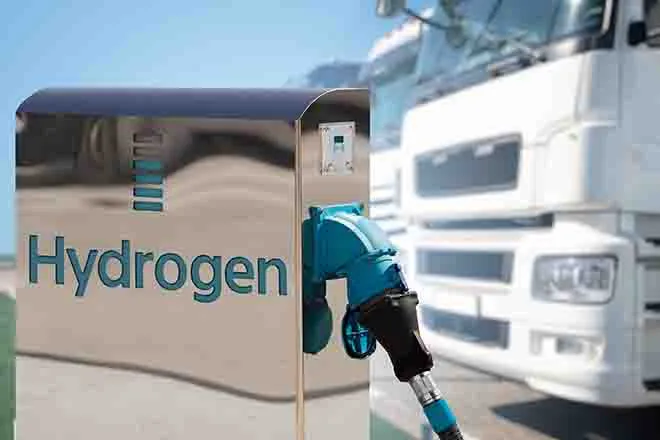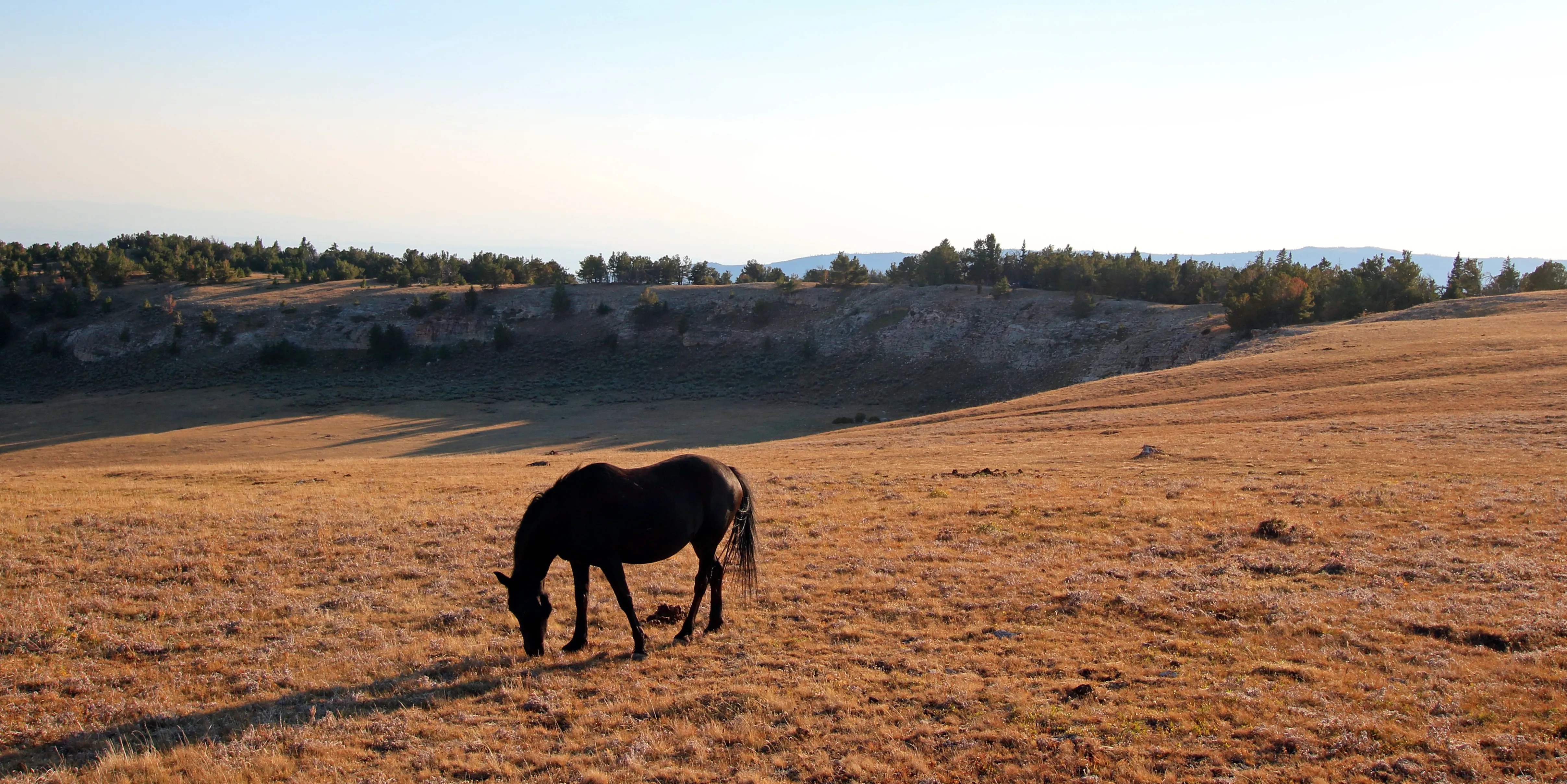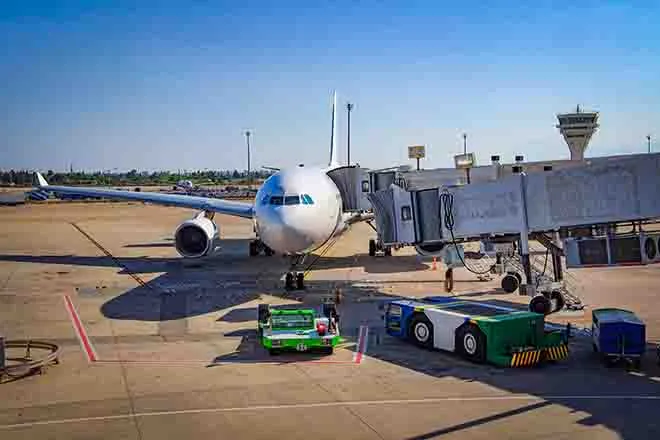
Daily Audio Newscast - July 17, 2024
News from around the nation.
CNN Exclusive: Secret Service ramped up security after receiving intel of Iranian plot to assassinate Trump; no known connection to shooting; Supports available for migrant workers' families during peak harvest in Oregon; East Texas nonprofit works to register young voters of color.
Transcript
The Public News Service Dillon Newscast, July 17, 2024.
I'm Mike Clifford.
U.S. authorities obtained intelligence from a human source in recent weeks on a plot by Iran to assassinate Donald Trump, a development that led to the Secret Service increasing security around the former president.
Multiple people briefed on the matter said that for CNN.
There is no indication the would-be assassin who attempted to kill the former president Saturday was connected to the plot.
And a program in the Columbia River Gorge helps migrant farm workers' families during harvest season.
More from Eric Tegethoff.
The Resources Available for Migrant Access to Services, or ROMAS, group is led by the Oregon Child Development Coalition in Hood River and Wasco Counties.
It provides support during a four-week period of peak harvest time, including food boxes to families.
Leah Hall with Columbia Gorge Food Bank in the Dalles says migrant workers follow the harvest and often bring their families with them.
We provide culturally appropriate and shelf-stable food boxes to distribute to families when they arrive during this transitional time.
And these direct distributions just allow for an efficient use of time and resources for families while also reducing some of the pressure on our public pantry partners throughout the region.
Harvest season in the Columbia River Gorge typically happens between June and October, but the cherries are in season during July.
And the non-profit Estee Potter has a goal of helping more young people in rural East Texas exercise their right to vote.
The organization holds voter registration drives in Cherokee, Greg, Nacogdoches, Smith and Wood Counties and partners with other organizations to inform people about ballot issues locally and nationally.
The organization's Areli Cruz says they recently created student chapters at Stephen F.
Austin State University and the University of Texas in Tyler.
They promote civic engagement and do outreach into the community.
We do conduct workshops in the classroom, 10 community events, and we're often on social media explaining the importance of voting, how to register, and the steps involved in casting a ballot.
According to the Rural Democracy Initiative, people under the age of 35 are the most undecided voters and among the least contacted by both nonpartisan and political efforts.
Cruz says while at events, volunteers also discuss issues that are important to students.
Most say they are concerned about the environment, access to higher education, and safety at schools.
In addition to in-person events, Esther Perea uses social media to distribute digital campaigns, interviews with students, and skits about the voting process to first-time voters.
Cruz says once young people are registered to vote, they still need some guidance.
I'm Freda Ross reporting.
This is Public News Service.
Next to Massachusetts, where the state will receive close to a billion dollars in federal funding to replace the Cape Cod bridges.
Voters say it's the largest single-bridge funding grant in U.S. history and the biggest federal grant ever awarded to the Commonwealth.
Massachusetts Governor Maura Healey calls it game-changing for the state's economy.
It is a turning point, truly, in terms of sustained investments in an infrastructure whose benefits will be felt for generations, and it's a victory that we celebrate today.
The nearly 90-year-old Sagamore and Bourne bridges provide the only routes on and off the Cape and are considered functionally obsolete, despite carrying more than 30 million vehicles each year.
Healey says plans are to focus first on replacing the Sagamore bridge before turning to the Bourne.
I'm Catherine Karley reporting.
And a court is expected to soon decide a Wyoming case between hunters and landowners that could affect public land access.
When a group from Missouri went hunting near Wyoming's Elk Mountain in 2021, they navigated a checkerboard of land ownership, using a ladder to cross a privately owned corner from one public parcel to another.
The landowners, who live in North Carolina, sued the hunters for trespassing in a case now before the U.S. 10th Circuit Court of Appeals.
University of Wyoming law professor Sam Kalin says there are two major issues in this case.
One involves what's known as the Unlawful Enclosures Act, a federal law preventing private landowners from obstructing access to public land.
There's a good chance that the 10th Circuit's going to maybe adopt some sort of unreasonable test suggesting that landowners can't do things that result in sort of a nuisance or unreasonable interference with an access to public lands.
The other issue, Kalin says, is trespassing, which is a matter of state law.
A Wyoming federal judge ruled the hunters weren't trespassing in a decision last year.
More than 8 million acres of public lands in the West are corner locked, according to recent data.
I'm Kathleen Shannon.
Finally, from our Joe Iorori, a new study from Ball State University's Center for Business and Economic Research reveals the economic impact of child care and how it impacts women's workforce participation in Indiana.
Center director Michael Hicks says the study examined economic factors influencing child care demand and the supply of child care workers.
In 2022, the median wage for women in Indiana was slightly over $21 per hour, Hicks said.
He says that's not enough and highlights the financial strain on families.
If you're a woman entering the labor force, you have two kids and your husband or your spouse is working at $57,000 a year.
You have to earn almost $24 an hour before you're taking home the equivalent of minimum wage.
This is Mike Clifford for Public News Service.















